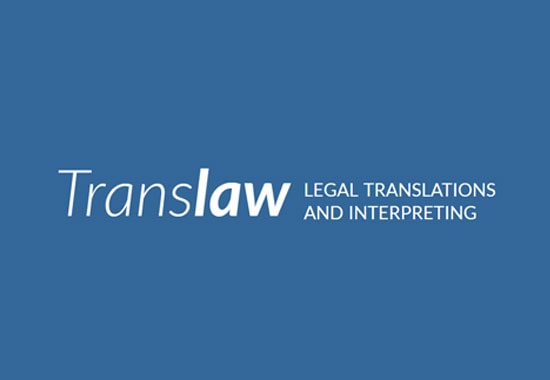Introducing Jana Kohl – sworn legal translator and court interpreter
While there are occasions where translators in the UK can provide certified translations for Germany, as a rule, these translations have to be carried out by a sworn legal translator in that country.
In those instances, I highly recommend my colleague, Jana Kohl.
Jana is a long-time colleague of mine who provides sworn certificate translations in Germany. In 2015, after almost 25 years living and working in the UK as a legal translator from English into German, she moved to the South of Germany. There, she was sworn by her local Regional Court to provide certified translations and work as a court interpreter. While Jana is based the Black Forest, all the courts in all the Germany, Austria and Switzerland recognise her translations.
Who needs a sworn legal translator?
Authorities that request a translation will tell you if they expect it to be certified (“beglaubigt”/”beeidigt”).
If you perhaps want to establish a company in German for import/export purposes, wish to get married in a German speaking country or have your qualifications recognized, your certificates will most probably need to be translated by a court approved specialist.
What does “sworn” mean?
The sworn legal translator confirms with stamp and signature that they provided a complete and accurate translation of the document. They received this document either as an electronic copy, an original or certified copy of the original.
“Sworn” translators in Germany go through a rigorous checking process. A translator submits their qualification certificates together with proof of knowledge and experience in legal translations. They also require an up-to-date certificate of good conduct. In addition, they need a data protection policy, to ensure that all personal data handled by them is safe. Once everything is verified and all requirements are met, the translator is invited to swear an oath before the president or vice-president of the regional court. From then on, they are able to provide sworn translations and interpret in court proceedings.


Is a sworn translation the same as a certified copy of my original document?
To begin with, it’s important to clarify that no, a sworn translation is not equivalent to a certified copy of the original document. Translators solely certify their own translations and don’t verify the original certificate’s authenticity The issuance of certified copies of original certificates is within the purview of official entities like notary publics or register offices.
How does providing a sworn translation work?
Transitioning to the process of providing a sworn translation, ideally, the German authority requesting the translation specifies whether they accept electronic copies or demand translations solely from the original or a certified copy. The translator’s certification text notes the form of the received original document. However, it’s your responsibility as the client to determine the accepted certification form by your authority.
Obtaining a quote
Moving on to the process of providing a sworn translation, ideally, the German authority requesting the translation specifies whether they accept electronic copies or demand translations solely from the original or a certified copy. The translator’s certification text notes the form of the received original document. However, it’s your responsibility as the client to determine the accepted certification form by your authority.
If you choose to send originals or certified copies to Jana Kohl at Rheinstrasse 4, 79104 Freiburg. i.Br., Germany, it’s advisable to use registered mail to mitigate the risk of loss. A simple copy of the original or certified copy will be affixed to the sworn translation. Subsequently, she will return the original documents alongside the translated originals via registered mail.
